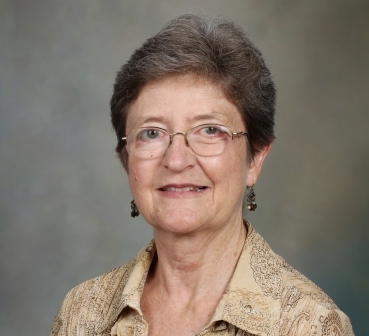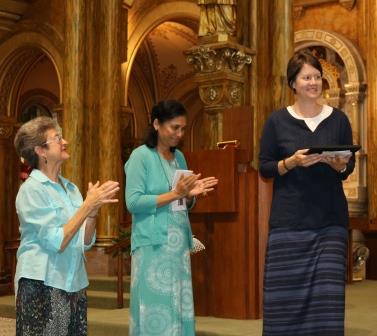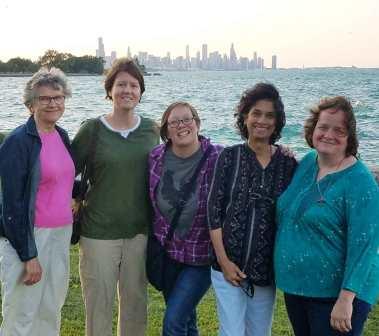
Image courtesy morguefile.com
Amidst the world news articles online I recently came across the lighter read “50 Unique Words and Phrases From Each State That Only Locals Understand.” As an avid traveler, I was curious to see if I had encountered any of the words and phrases. I clicked through the first few slides, finding some familiar, but most were words I’d never heard before.
The article triggered a memory of experience I had while visiting La Crosse, Wisconsin, when I was first discerning religious life with FSPA. A few sisters took me down to Riverside Park, along the Mississippi River, just a few miles from St. Rose Convent. They pointed out the various attractions including the friendship garden, fountains and statues; where to buy tickets to ride on the big paddle boat. One sister pointed across the park and said “Over there is the bubbler.” All I saw was a drinking fountain. We both had a good laugh and “bubbler” was formally introduced to me as Wisconsin-ease for “drinking fountain.”
Evangelical councils: “These are the vows and practice of poverty, chastity, and obedience. They are evangelical because they were taught and practiced by Jesus Christ in the gospels.” At the end of the novitiate period and formal acceptance, women in the incorporation process first make temporary vows of poverty, consecrated chastity and obedience.
Charism: “Each religious community has a charism which is a purpose, mission, and spirit inspired by the community’s founder.” The charism of the Franciscan Sisters of Perpetual Adoration comes from distinct eucharistic reference and devotion, inherited from St. Francis and our founders.
Novice: “A novice is a person who is formally admitted to a religious institute to prepare for eventual religious profession.” For FSPA, the novitiate period is two years in length and incorporates learning about religious life, vows, theology, church documents, Franciscan studies and many more pertinent topics for this time of vow preparation.
Perpetual vows: “… the final vows of poverty, chastity, and obedience a person takes in a religious institute.” Franciscan Sisters of Perpetual Adoration who make perpetual vows do so during Mass — a public witness of consecration to God through their commitment of poverty, consecrated celibacy and obedience for life lived out in the context of FSPA community.
Further traversing into a specific religious dialect — like that of the Franciscan family — vocabulary expands with terms like
-- Transitus: an annual Franciscan celebration marking the passage of St. Francis of Assisi from life on Earth to a life with God;
-- Pax et Bonum: Peace and All Good; and
-- common good: choosing action based not only on your own preferences but also taking into account the whole group or groups that will be affected by the decision.
Religious life is full of its own unique words and phrases, its own social dynamics that you’ll encounter because, as I did, you are journeying into a new culture. Also present are the plethora of cultures that many members of the community may have been raised in or ministered in.
Diversity is a gift, especially when we are willing to be curious and try to refrain from quick judgements.
This week, ponder how discernment is leading you to the edges of new cultures.
What are some of your cultural influences?
How does understanding some common definitions in religious life help you in your discernment?
*Do you know someone experiencing discernment of religious life? We invite you to share this link, www.fspa.org/showmeasign, and join the conversation.






